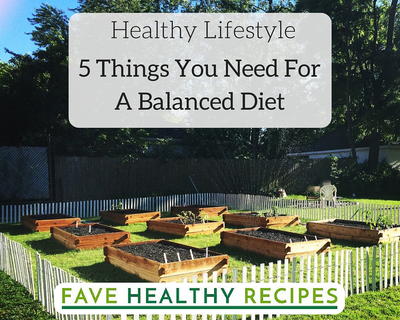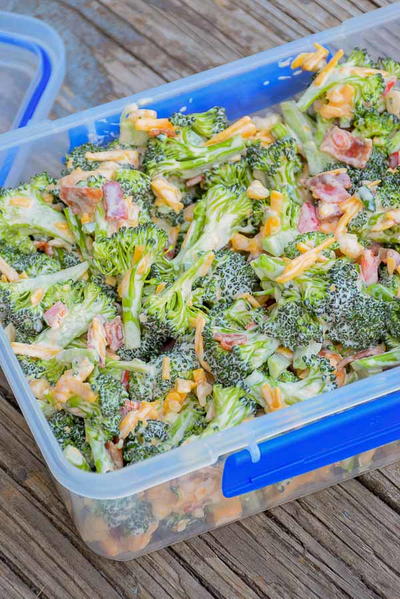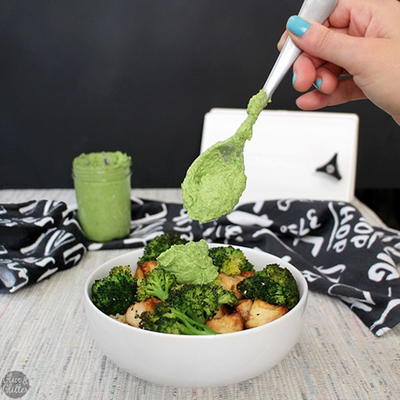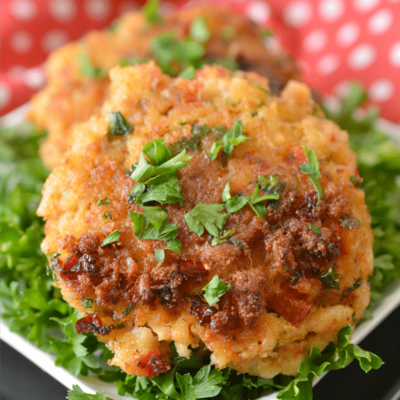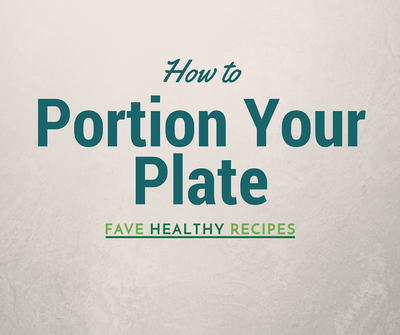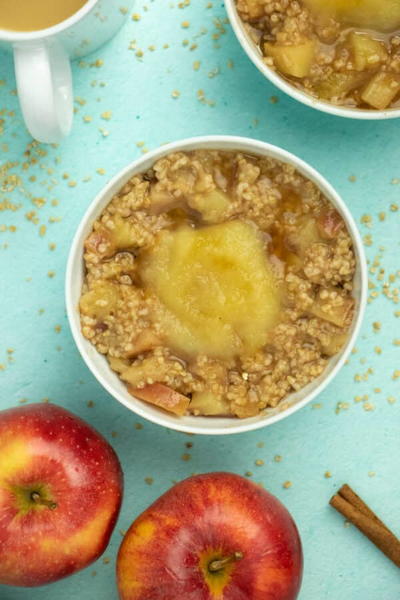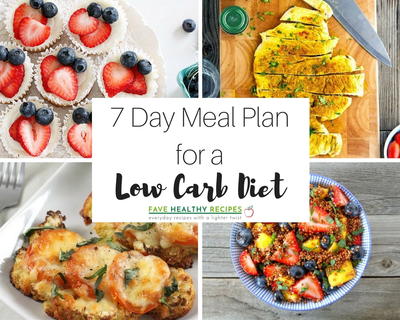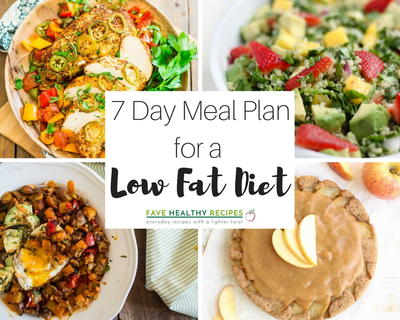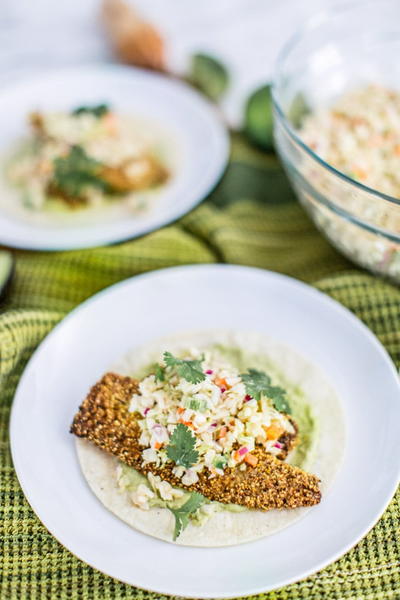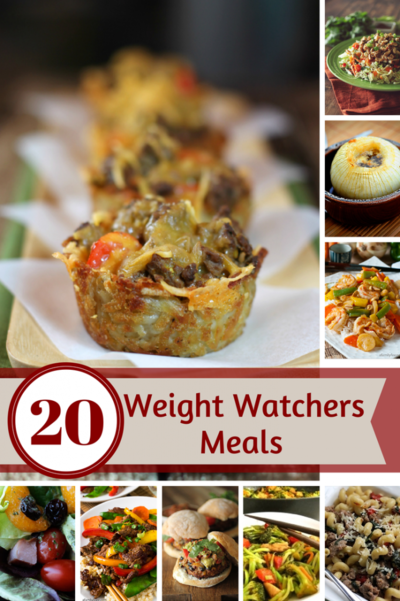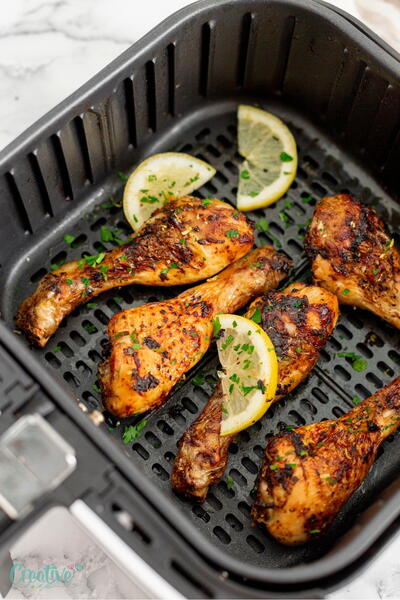Healthy Lifestyle: 5 Things You Need For A Balanced Diet
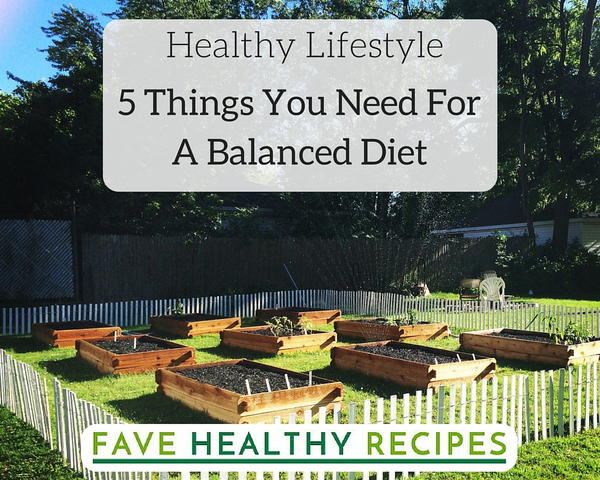
It can be difficult to maintain a healthy lifestyle, but it is even harder to take the leap into one. What even constitutes a "balanced diet?" We have all seen the food pyramid, but what does it all really mean? To help answer some of those questions, we've created this guide on the 5 Things You Need For A Balanced Diet. This will help take some of the guesswork out of your grocery shopping and meal planning when you're trying to follow a healthy lifestyle.
This guide will help you navigate through the grocery store to find the right foods that you should be eating to hit all of the required food groups, vitamins, and minerals.
Carbohydrates
We often hear people talking about going on a "low-carb" diet when they are trying to be healthier. The problem with this is that our bodies need carbs. In excess, yes, they can be harmful to your overall health. If you're going to avoid or limit any carbs, it should be simple carbohydrates like those found in white bread, desserts, and sugar. They don't offer the best nutritional value and can also cause blood sugar to spike.
These complex carbohydrates take more time to bread down in the body which gives you more energy, and they also have more vitamins and nutrients than simple carbohydrates. Make sure that you're eating enough complex carbohydrates, however. Complex carbs can be found in green vegetables, fruit, whole grains, and starchy vegetables. ?
Protein
Protein is an important part of a balanced diet because it keeps you full and gives you more energy. Like carbohydrates, some proteins take longer to process in the body so they give you more energy and keep you fuller longer.
Animal proteins are more readily absorbed and come from a variety of sources. Red meat, poultry, and pork are a few common high-protein meats that are consumed. Other animal proteins include eggs, dairy, fish, and shellfish.
Other ways to get protein include plant-based proteins, such as quinoa, amaranth, lentils, chickpeas, nuts, and seeds.
Fat
Contrary to popular belief, fat is not actually bad for you. Like everything else, fat is good for you in moderation and from the right sources. This means to keep an eye on your intake of butter, but a piece of avocado toast would be just fine. Other healthy fats include olive oil and nuts.
Fruits and Vegetables
It's no secret that fruits and vegetables are good for us. Make sure that you pay attention to the different colored vegetables that you are eating because it means that your body is getting a variety of nutrients. Also, try to eat fruits and veggies that are in season. Not only will you be able to shop locally, but they'll just taste better.
Vitamins and Minerals
We need to eat a variety of foods to get the right amount of vitamins and minerals. Besides dairy, calcium is found in almonds, fruit, vegetables, leafy greens, and seafood. Vitamin D is found in some fish oils, egg yolks, mushrooms, liver, tuna, and salmon. If you don't have enough iron in your diet, you may end up feeling lethargic and run-down, so be sure to eat enough beans, leafy greens, dried fruit, and red meat (in moderation).
To add folate and folic acid, look to avocado, dark greens, fortified juices, legumes, and soy. Vitamin B12 is known to boost energy, and you can find it naturally in milk products, eggs, beef, pork, poultry, and seafood.
Of course, you could always walk down the vitamin aisle of the store to find some of these items, but your body processes them better if they come from whole foods instead of supplements.

